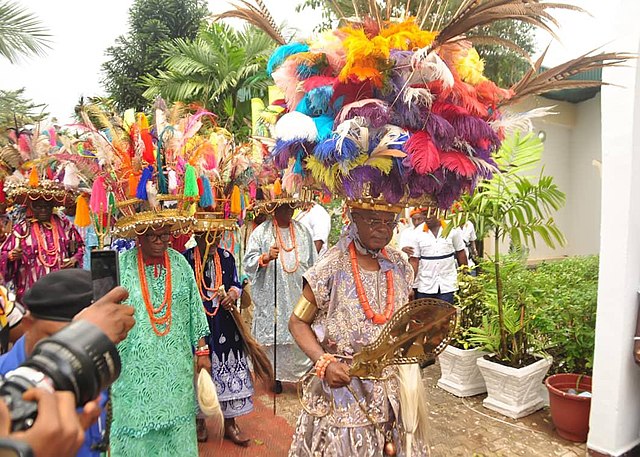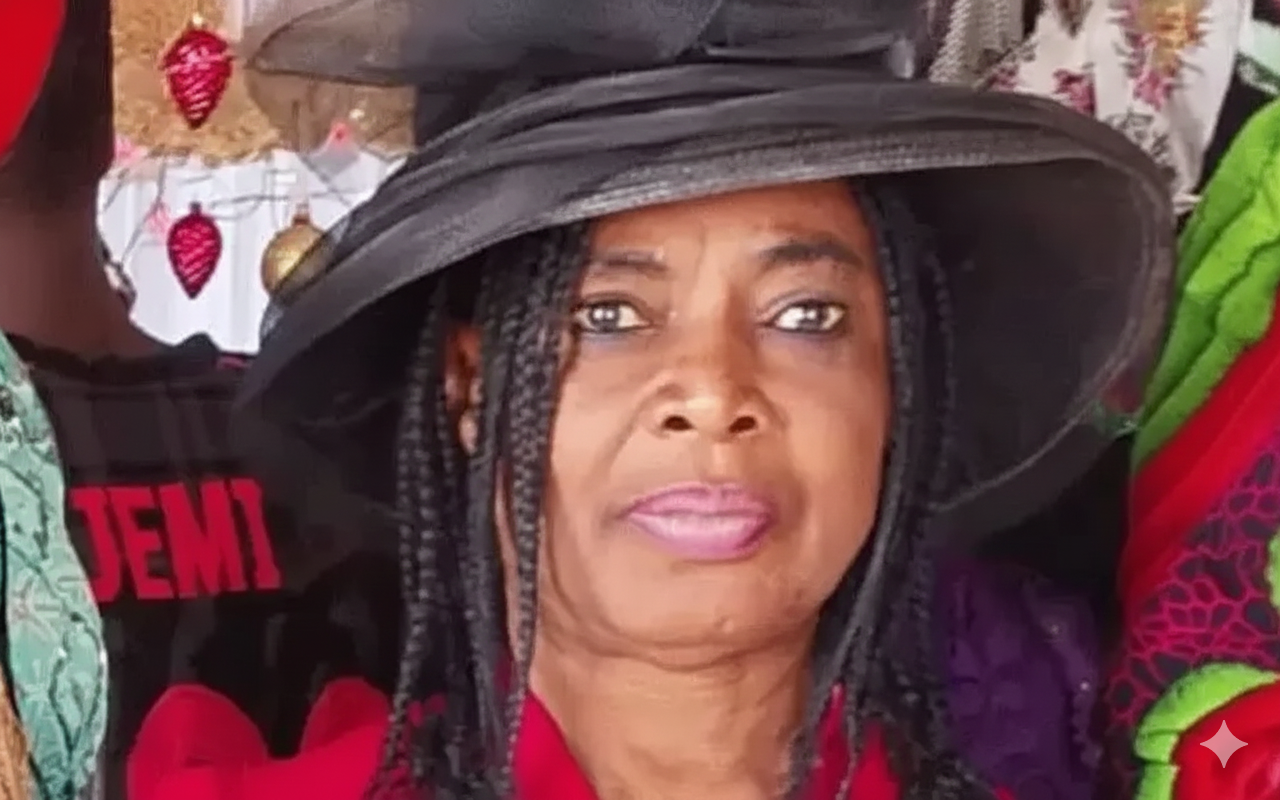
Associate Professor of Mass Communication at the University of Ilorin, Lambe Mustapha, has said low entry barrier into journalism practice, the need to survive and the rush-to-publish syndrome among media practitioners are major reasons fake news is becoming rampant in the country.
He noted that rather than verifying before publishing, media organisations had resorted to verifying after publishing, describing the trend as detrimental to the profession.
He stated this at a Capacity Development Training and Digital Rights Conference organised by FactCheckAfrica in collaboration with Brain Builders Youth Development Initiative (BBYDI), held at Kwara State Polytechnic.
Speaking on the theme of the event, ‘Shaping the Future of Truthful Reporting’, Mustapha also noted that the rise of fake news portended danger of incalculable magnitude, adding that media reportage in the age of information disorder would create a dilemma for citizenry’s cognitive, affective and behavioural dispositions towards myriads of issues engaging their attention.
Mustapha, however, emphasised that for the media to reassert itself as the voice of the voiceless and defender of the powerless, media practitioners must be socially and professionally responsible and committed to the canon of fact and accurate reporting.
He said: “In a bid to enjoy the coveted- first-to-report status, certain news judgment values have to be advertently or inadvertently sacrificed. The prepotency of market cum profit orientation, triggered by survivability instinct, tasked journalism with corporatised mentality with little respect for time-honoured values that grounded journalism as an objective enterprise.”
He stated that with the era of fake news common across social media, churnalism rather than journalism had overridden the objective nature of fact and truthful reporting.
“Churnalism is different from journalism. Journalism is an objective reportage of what is happening in the society, while churnalism is churning out information that has economic value for whoever is disseminating such information. Unfortunately, people are quicker to respond to fake news than they will respond to authentic news,” he explained.
He added, “Factual reportage, a cardinal principle of journalism, is greatly threatened in a present-day news environment where polarising news, chiefly circulating on digital and social media spaces, reign supreme. By appropriating social media spaces to attack and discredit the mainstream media, fake news is, often, weaponised for political gain with serious consequences for individuals’ trust in the news media and political system. Across the world, political actors now seize the momentum to discredit media institutions and the culture they promote, thus influencing audience perception of the news media.”
Speaking earlier, the Head of the Department of Mass Communication at Kwara State Polytechnic, Fatiu Olohungbebe, said the essence of organising the programme for the students was to fight fake news from scratch, ensuring that the calibre of students coming out to join the field get adequate training to perform better.






